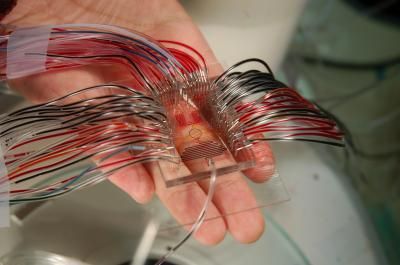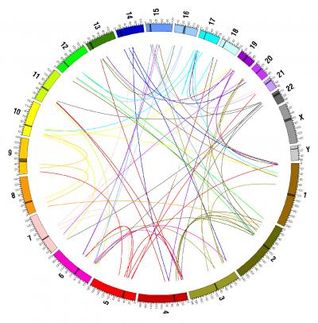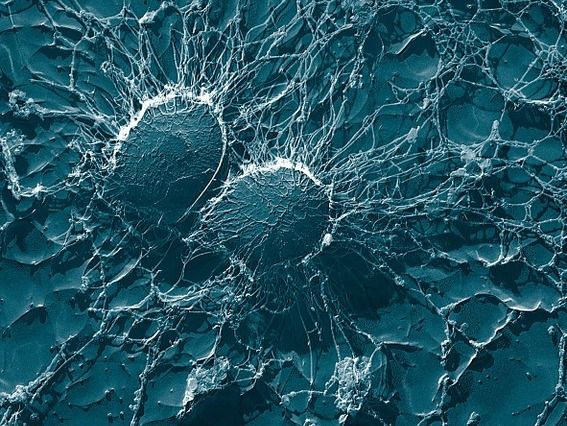HUGO Pacific Pan-Asian SNP Initiative to Explore Genetic Diversity for Nearly Half the World's Population
Study Expects to Provide a Detailed and Comprehensive Genetic Picture of Asian Populations
A coalition of scientists from Asian countries are organizing a study of genetic diversity in Asian populations, the HUGO Pacific Pan-Asian SNP Initiative, which will provide a detailed and comprehensive genetic picture of nearly half the world's population. The results from the study will be placed in a public database to help researchers better understand the scope of genetic differences between Asian populations.
The Pan-Asian SNP Initiative was established by scientists from China, India, Indonesia, Japan, Korea, Malaysia, Nepal, Philippines, Singapore, Thailand and Taiwan. Affymetrix, Inc. is a co-sponsor of the study and is providing a new microarray technology that will enable the researchers to look at 50,000 genetic differences, or single nucleotide polymorphisms (SNPs) in each study participant.
The goal of this initiative is to uncover the breadth of genetic diversity and the extent of genetic similarity in Asia. This information will form the basis for future studies in genomic medicine focused on Asian populations. The study is a natural next step from the Human Genome Project, which showed how similar humans are -- everyone's DNA is 99.9 percent identical -- but revealed little about the genetic factors that make us different.
"Just as families share certain genetic characteristics, like eye colour or curly hair, Pan-Asian scientists believe that regional Asian populations share unique genetic variations that go back thousands of years," said Professor Edison Liu, Executive Director, Genome Institute of Singapore. "The study will give scientists a 'genetic map' of human history in Asia, showing how nearly half of the world's population migrated throughout the region and settled to form the distinct cultures that we know today."
The Pan-Asian study will also help scientists understand the most important genetic differences between Asian populations, including those that can affect health. "Data from the Pan-Asian study will provide a platform for researchers in this region to study why some populations seem predisposed to certain diseases, or don't respond to certain drugs," said Dr. Yoshi Sakaki, Director, RIKEN Genomics Center in Yokohama, Japan and President of HUGO Pacific. "The initiative will also provide training in population genetics for young researchers in this region and foster additional health studies."
The study will include as many as several hundred people from each of the Asian countries mentioned above, sampling about 2,600 participants in the first phase. Up to now, a study like the Pan-Asian SNP Initiative would have been difficult because the technology needed to look at the genome at this level of detail was not readily accessible. This new SNP microarray technology makes it possible by combining semi-conductor manufacturing technology with chemistry to put millions of different strands of DNA on a single glass chip the size of a thumbnail.
"Just a couple of years ago, an experiment like this would have required hundreds of scientists and taken years to complete at costs that would have been prohibitive," said Professor Liu. "This technology is enabling us to do new science; it's opening up the study to all researchers including those with less developed research infrastructures."
The study is expected to begin in the middle of 2005.
Most read news
Other news from the department science

Get the life science industry in your inbox
By submitting this form you agree that LUMITOS AG will send you the newsletter(s) selected above by email. Your data will not be passed on to third parties. Your data will be stored and processed in accordance with our data protection regulations. LUMITOS may contact you by email for the purpose of advertising or market and opinion surveys. You can revoke your consent at any time without giving reasons to LUMITOS AG, Ernst-Augustin-Str. 2, 12489 Berlin, Germany or by e-mail at revoke@lumitos.com with effect for the future. In addition, each email contains a link to unsubscribe from the corresponding newsletter.
























































